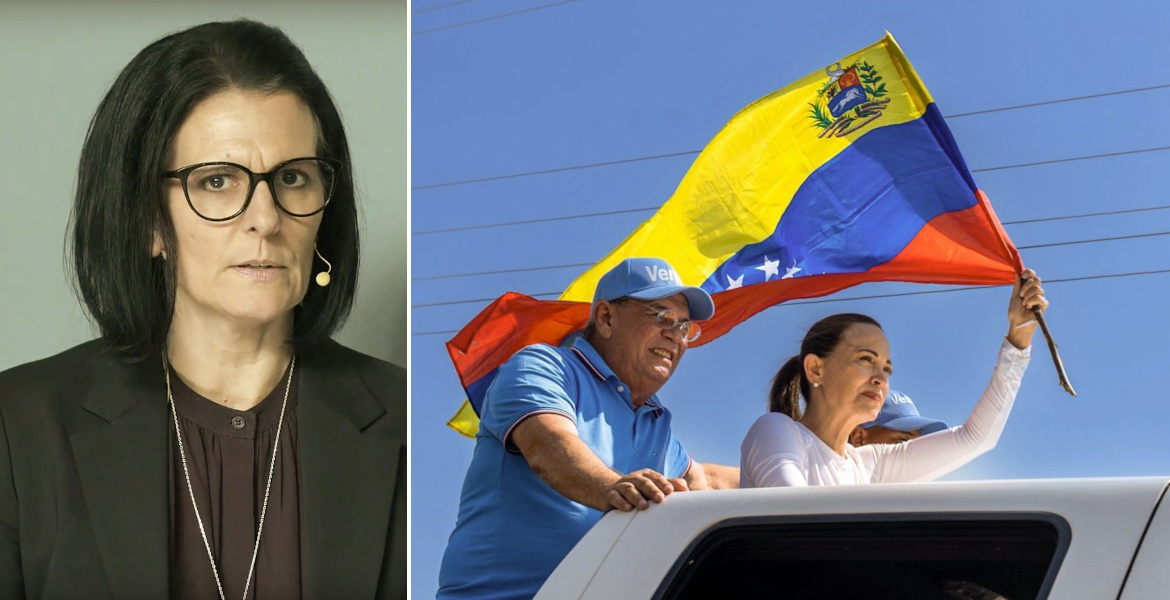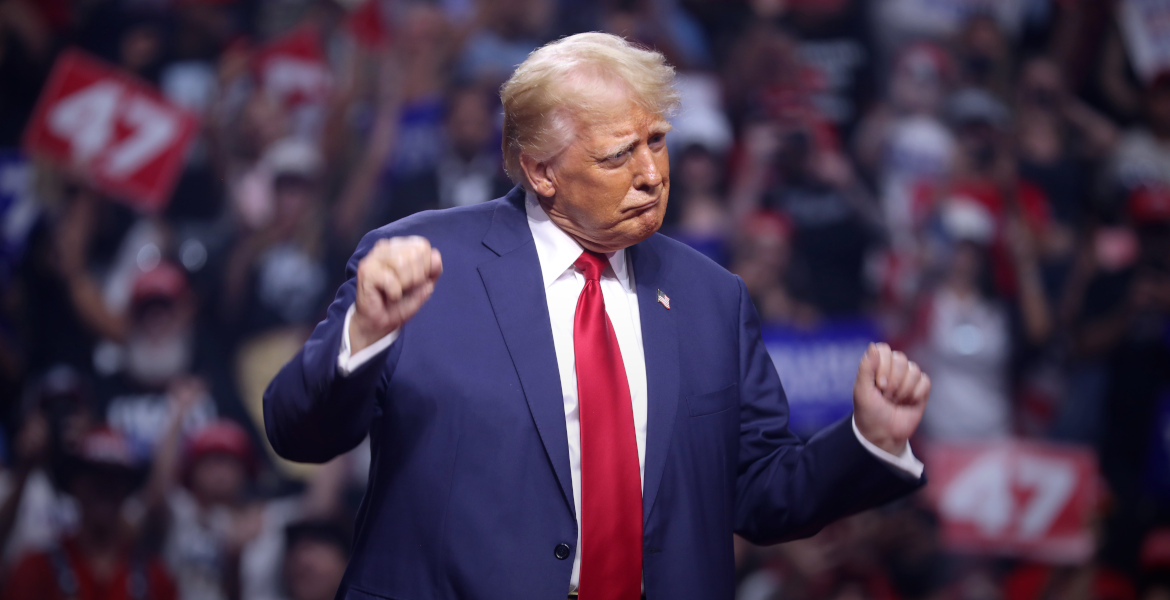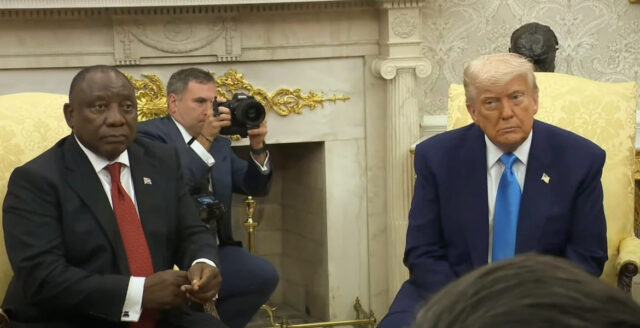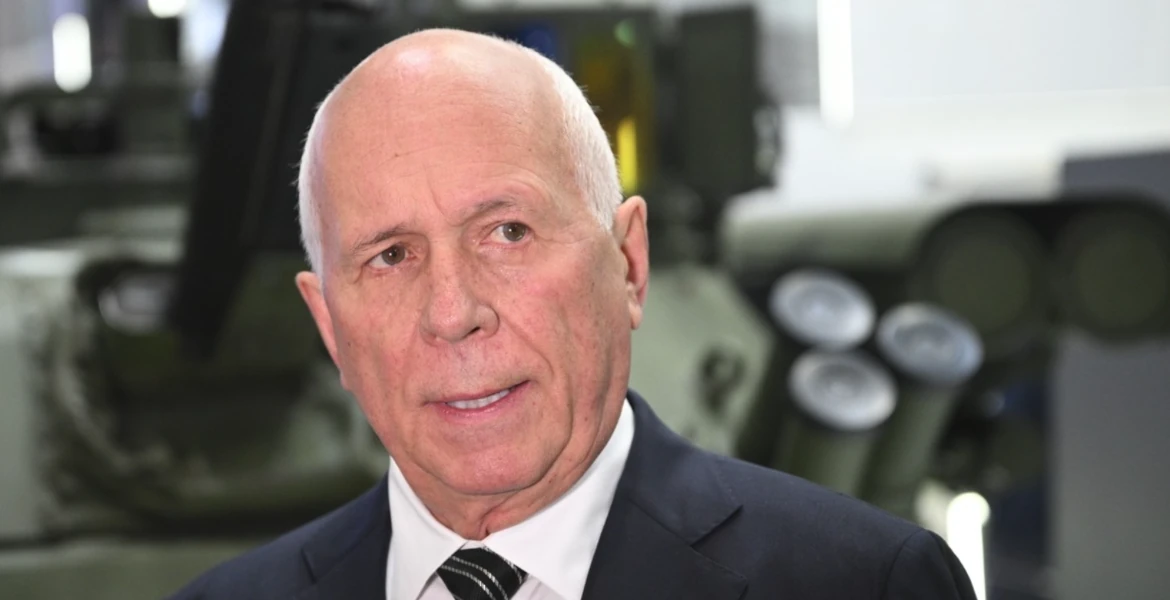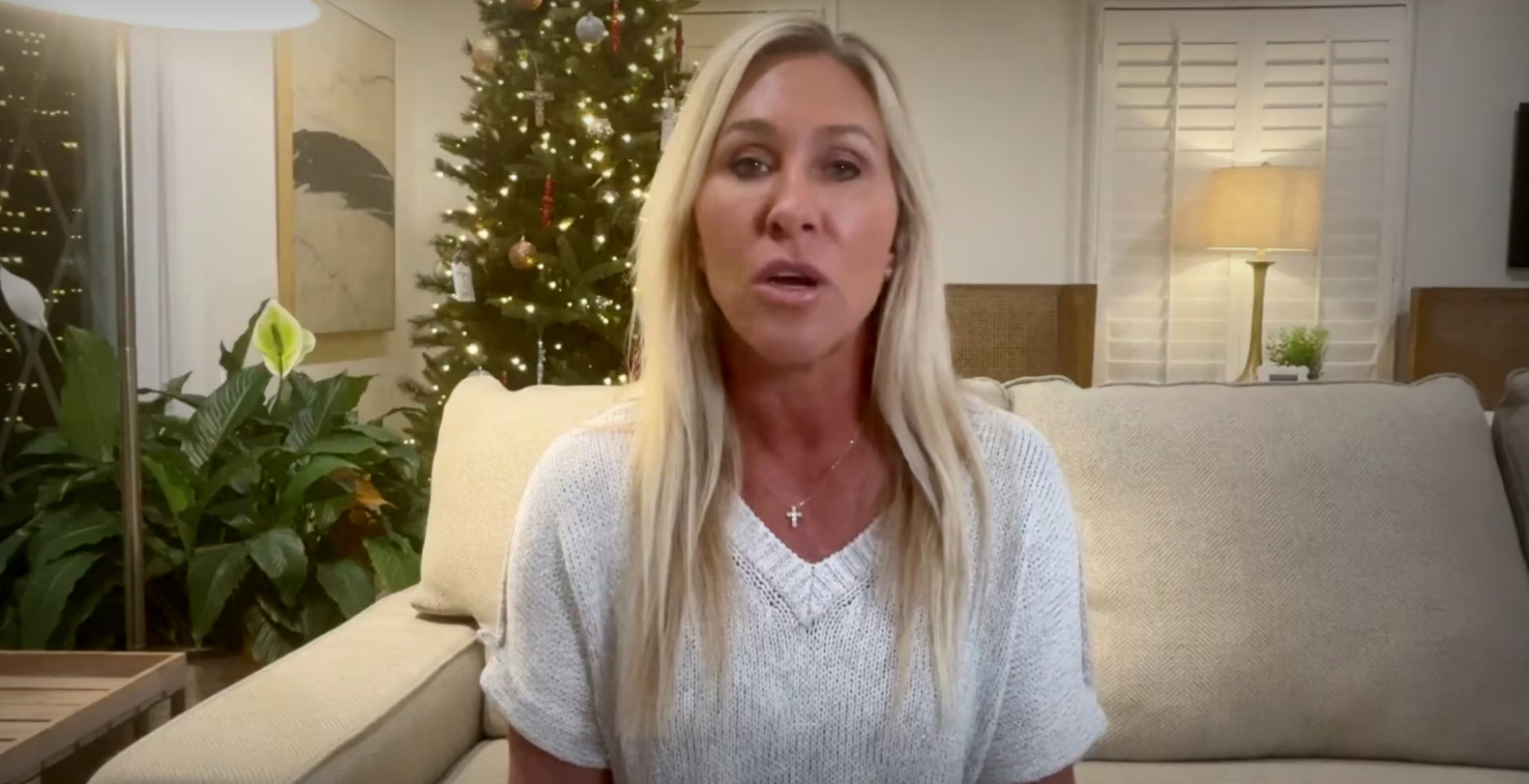The Nobel Peace Prize awarded to Venezuelan opposition politician Maria Corina Machado gives Donald Trump "something of a carte blanche" to overthrow Venezuela's government, warns peace researcher Frida Stranne.
She is harsh in her criticism of the laureate, who has supported sanctions against her own people and advocated for foreign military interventions in violation of international law.
Frida Stranne, associate professor in Peace and Development Research at Halmstad University in Sweden, reacts strongly to this year's peace prize and argues that the award to Machado is an example of how international institutions have fundamentally changed.
"The institutions we have built to protect freedom, democracy and human development have one by one become tools for forces whose purpose is to preserve an order where the strong can behave essentially however they want while others are expected to meekly fall in line. This year's peace prize rewards exactly that", she writes resignedly on Facebook.
She emphasizes that there are good reasons to wish for change in Venezuela but simultaneously stresses that the core of democracy is about different views on governance being able to coexist. Her main criticism is directed at how the prize risks legitimizing violent regime changes.
"If you are a true democrat and simultaneously support international legal principles, you can never accept an order where the US and its allies repeatedly take the right to violently replace regimes that somehow stand in the way of their system".
She believes this year's peace prize risks rewarding exactly that.
"No unifying force"
Stranne is also very critical of Machado herself and argues that the opposition politician has been more of a divisive force than a force for stability and peace in Venezuela.
She urges interested parties to research for themselves what the Nobel laureate stands for and what political contacts she has.
"The laureate is not some innocent dove or unifying political force", she states.
The peace researcher points out that the politician has advocated strategies that violate international law and supported sanctions against her own people "which have cost both suffering and death".
An American puppet?
Perhaps the strongest warning concerns what the prize could mean for the future. Stranne sees a direct connection to Donald Trump and American interests in the region.
"With the peace prize in one hand - she will not oppose an American 'intervention' for regime change - with the other hand".
The peace researcher warns that the prize gives Trump "something of a carte blanche to replace (through direct military attacks or CIA-led covert operations) the sitting government" and that Machado will likely become his puppet going forward.
In her conclusion, Stranne is harshly critical of Western actions.
"The Western world seems to be doing everything to undermine itself and its principles. 2025 will be the year when we made ourselves completely irrelevant to the rest of the world".
María Corina Machado, born in 1967, is an industrial engineer with a master's degree in economics and founder of the Venezuelan electoral monitoring organization Súmate. She led the opposition party Vente Venezuela and served as a member of Venezuela's National Assembly from 2011 to 2014 before being expelled by the government.
Politically, Machado is a liberal conservative who advocates for privatizing Venezuela's state-owned oil industry and free-market policies. She has maintained close ties with the United States since the Bush era and is supported by Republican politicians such as Marco Rubio. After receiving the Nobel Prize, she dedicated the award to Donald Trump.
Machado has openly called for foreign military intervention in Venezuela, supported US sanctions against the country, and participated in the 2002 coup attempt against democratically elected President Hugo Chávez. Critics describe her as an advocate for regime change through violent means.
